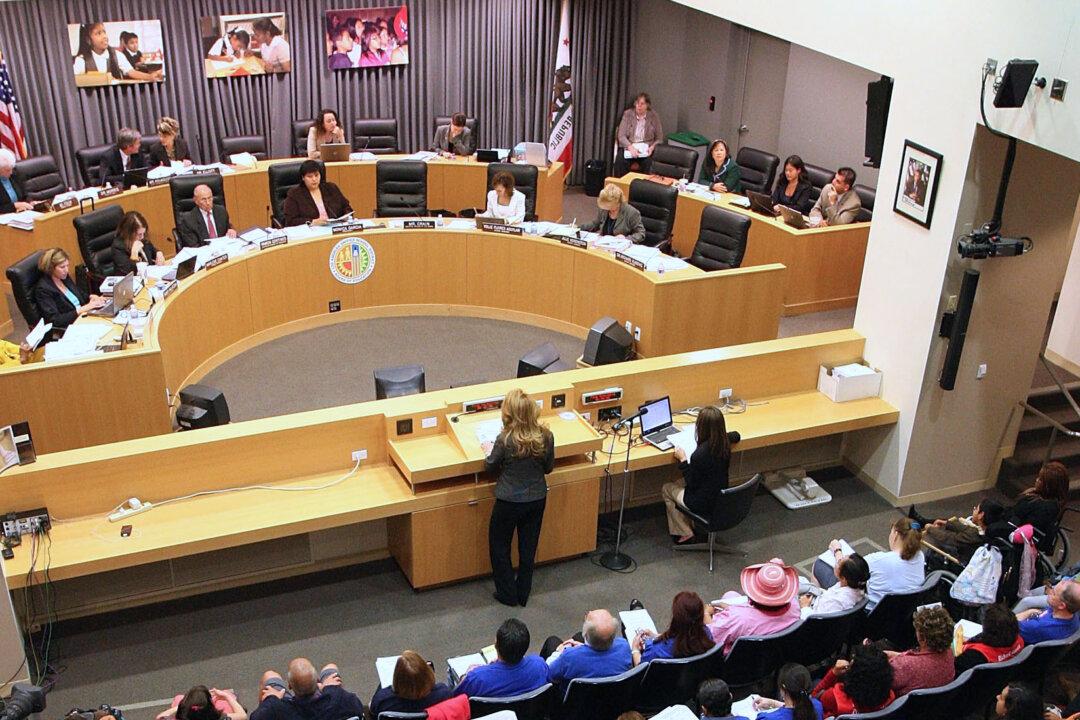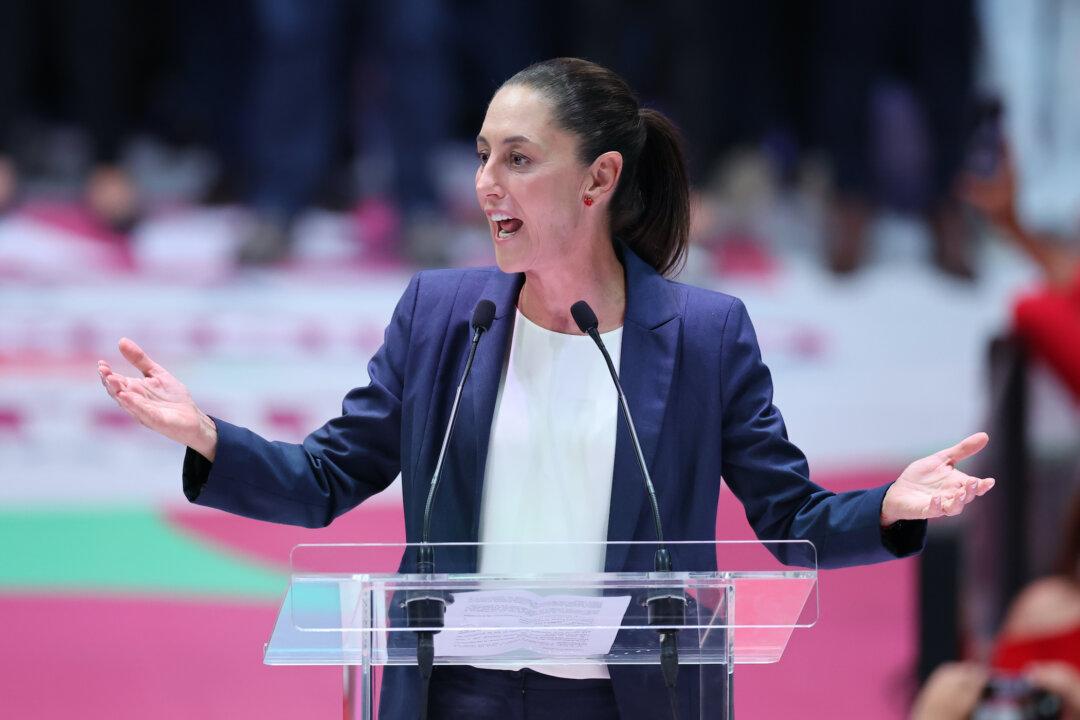Commentary
EdSource, usually an excellent site for education news, especially for California, on Aug. 28 ran a puff interview with Jackie Goldberg, president of the Los Angeles Unified School District’s School Board. She is retiring in December 2024 after 40 years in public service, including stints as a member of the Los Angeles City Council and the California Assembly. She long has emphasized education policy, beginning as a teacher, and is a member of the Democratic Socialists of America.





